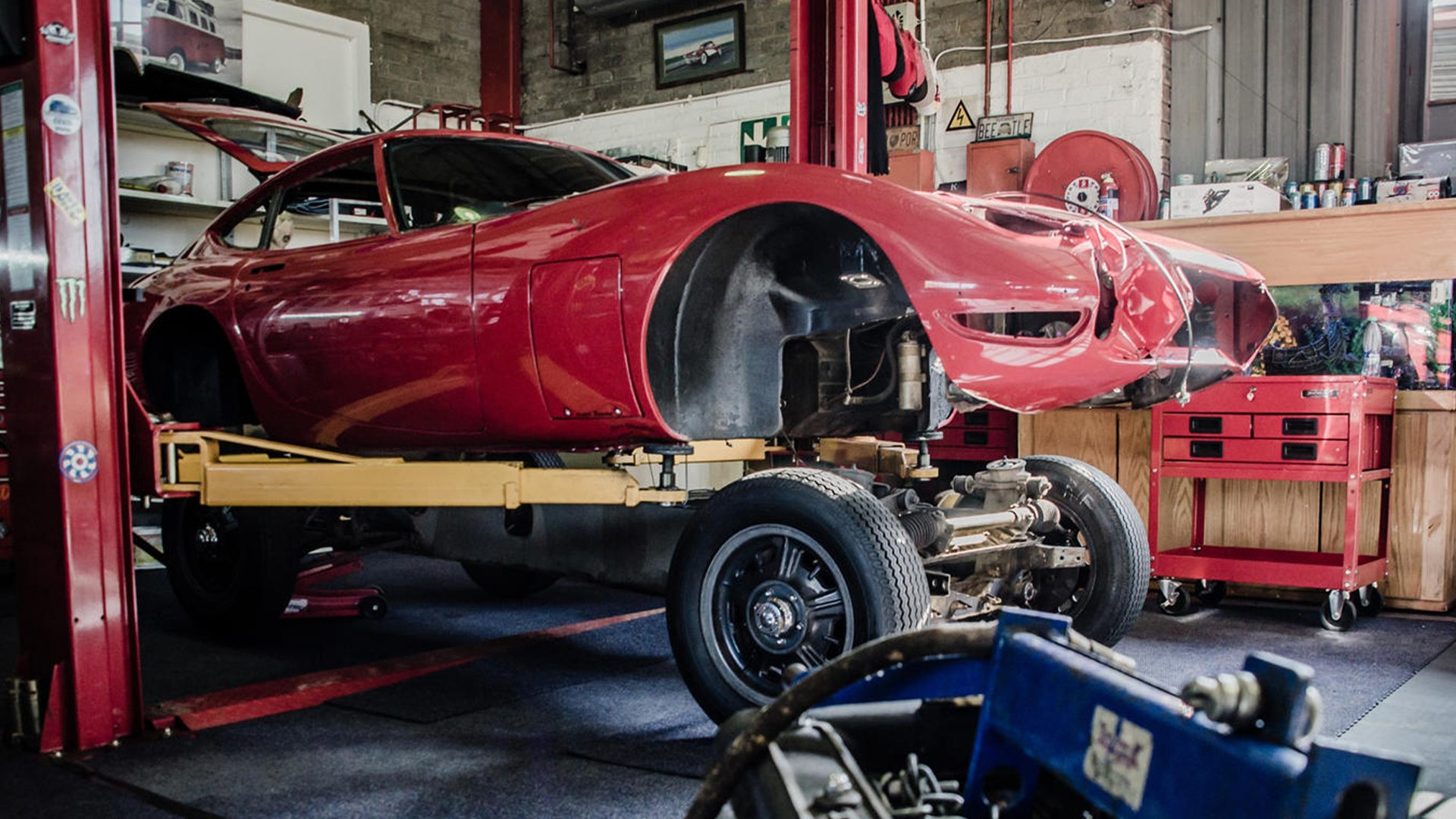

The 2000GT was a hugely important car for Toyota. Nobody knows this better than Toyota itself, which is probably why the company has commissioned yet another “full bumper-to-bumper” restoration of the ultra-rare classic, this time in South Africa.
Spurred on by the recent reproduction of 2000GT components under Toyota’s GR Heritage Parts project, this officially-commissioned resto will be handled by the father-son team at Generation Old School in Gauteng, South Africa. This shop apparently has experience restoring everything from old VW Beetles and Microbuses to classic American muscle like Chevelles and Chargers. They’ll be restoring a 2000GT from Toyota South Africa’s collection, specifically chassis number MF10-10207.





Interestingly, Toyota itself isn’t even sure of this car’s original color. As of right now, it’s red, but some say it was originally finished in Thunder Silver while others believe it came out of the factory in white.
Essentially a Lexus LFA before the Lexus LFA, the 2000GT was built to show the world that Japan could do luxurious high-performance too. Project head Shoichi Saito decreed back in the day, “do whatever necessary to not only produce the 2000GT, but make it one of the—or perhaps even the—greatest car in the world.”
Powered by a 148-horsepower, 2.0-liter straight-six, the Toyota 2000GT first came on the scene as a prototype at the 1965 Tokyo Motor Show and went into production in 1967. Carroll Shelby entered two modified versions into the 1968 SCCA production car series while James Bond drove a special convertible 2000GT in 1967’s You Only Live Twice. Just 351 were ever produced.




Featuring an aluminum body, the Toyota 2000GT was the first Japanese car to feature a limited-slip differential and disc brakes all around. Like the aforementioned LFA, Yamaha was heavily involved in its development. On top of engine modifications like the DOHC aluminum head, Yamaha also provided the original prototype for the car. Fun fact: this prototype was originally created for Nissan but the automaker turned it down, only to later use it as inspiration for its own 240Z.

Got a tip or question for the author? You can reach them here: chris.tsui@thedrive.com